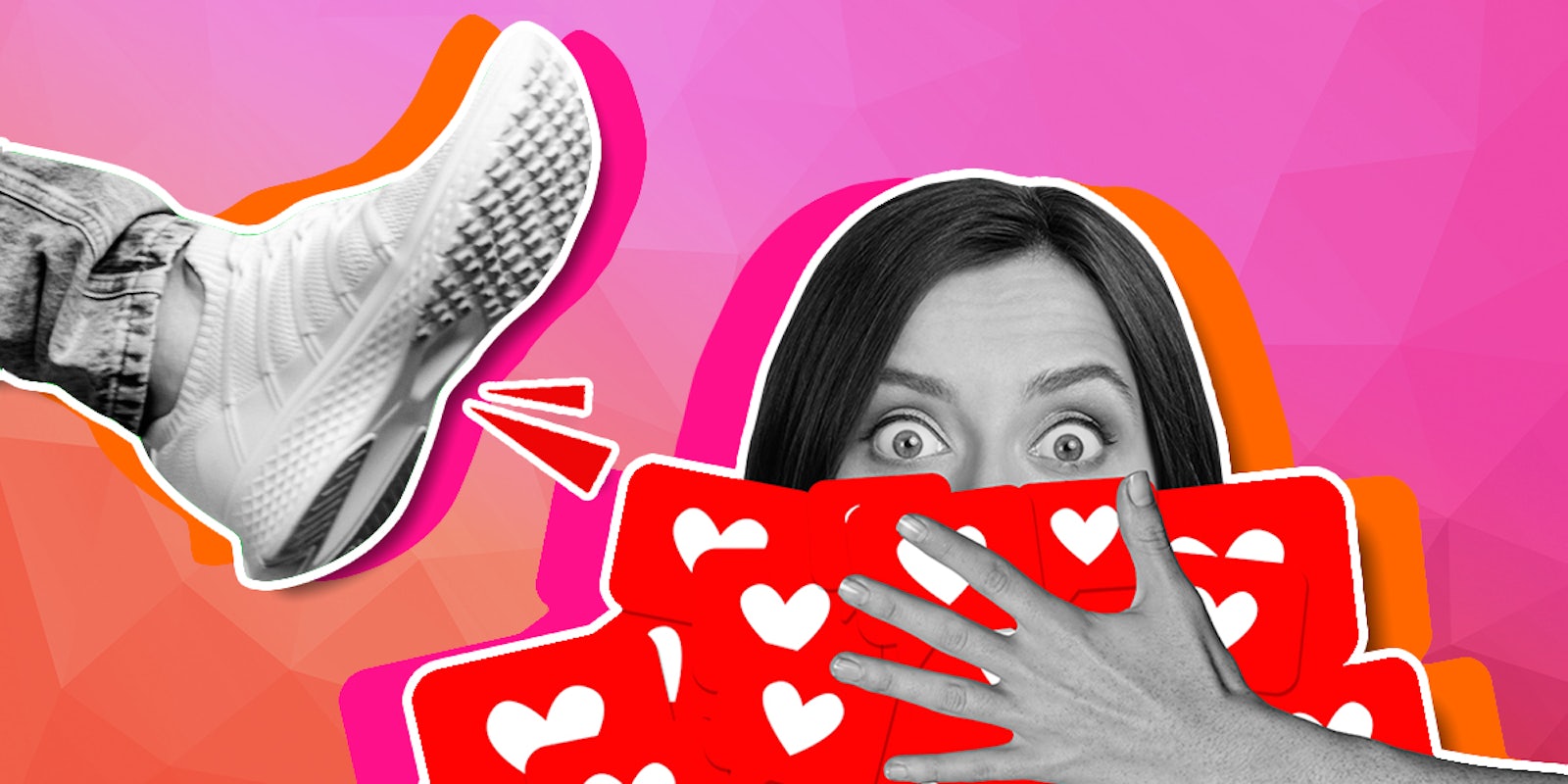
Banning content creators from social media platforms, aka deplatforming, is controversial. Creators who have been on the receiving end of social media bans rail against it. Others believe it is a vital method of keeping online conversations civil. Some acknowledge its successes and failures at the same time. Platforms have banned enormous names not just in the creator space but worldwide — including at least one former US president.
A new analysis looks not just at the impact of social media bans on a single platform but across the whole online ecosystem. It claims to finally have a definitive answer as to whether deplatforming someone impacts their ability to draw attention.
Manoel Horta Ribeiro, a Swiss Federal Institute of Technology social media researcher, and a team of researchers led the report. They carefully analyzed the aftermath of 165 deplatforming events affecting 101 creators worldwide. Platforms studied included Facebook, Twitter, YouTube, and Instagram.
The researchers then examined the public’s interest in those creators by Google search and Wikipedia hits following a ban. They found that deplatforming a creator resulted in a 63% drop in Google searches for an individual and a 43% decrease in Wikipedia hits.
“We used all-encompassing signals that capture attention across the web,” Horta Ribeiro told Passionfruit.
The analysis aimed to answer whether deplatformed individuals simply managed to pick up where they left off on an alternative platform. The answer was that they may migrate platforms, often to more fringe ones, including Gab and Rumble. But overall, attention drawn to them decreases across the whole web.
However, not all deplatforming events are equal. “The reason behind your deplatforming is correlated with the effect,” Horta Ribeiro said. Banned creators who spread fake news or disinformation saw a greater drop in attention than those who shared hate speech.
But many who find themselves, or people they like, on the wrong side of deplatforming often worry about unjust social media bans.
It’s the reason why TikTokers and Instagram influencers will often use words like “seggs” instead of “sex,” “unalive” instead of “dead,” or alternative words like “panini” to describe the pandemic. Creators call this language “algospeak.” It is part of a game of whispers about what platforms allow and don’t allow.
“Considering that deplatforming is often used against the wrong audiences, like sex workers just trying to make a living, or sex educators or activists, it’s a huge power for platforms to have that they use sparingly. And even when they do use it, it’s concerning who it targets,” explains Carolina Are, a content moderation researcher at Northumbria University’s Centre for Digital Citizens.
Karl, the owner of a London-based kink club called Klub Verboten that uses Instagram to advertise its regular club nights, often uses code words to avoid deplatforming. Meta, the parent company of Instagram, banned his official Instagram account in June 2023 for no apparent reason.
Meta reversed the ban after journalists contacted the company. It admitted that it removed “a number of the accounts” in error.
“When it comes to deplatforming, I think it’s quite harsh,” Karl told Passionfruit. “You can eradicate someone on a platform in a morning.” …



